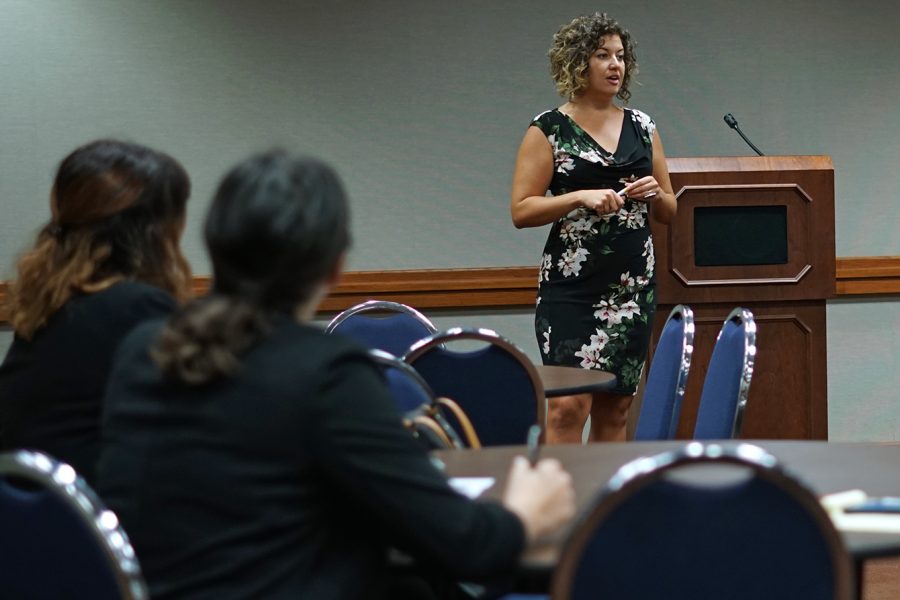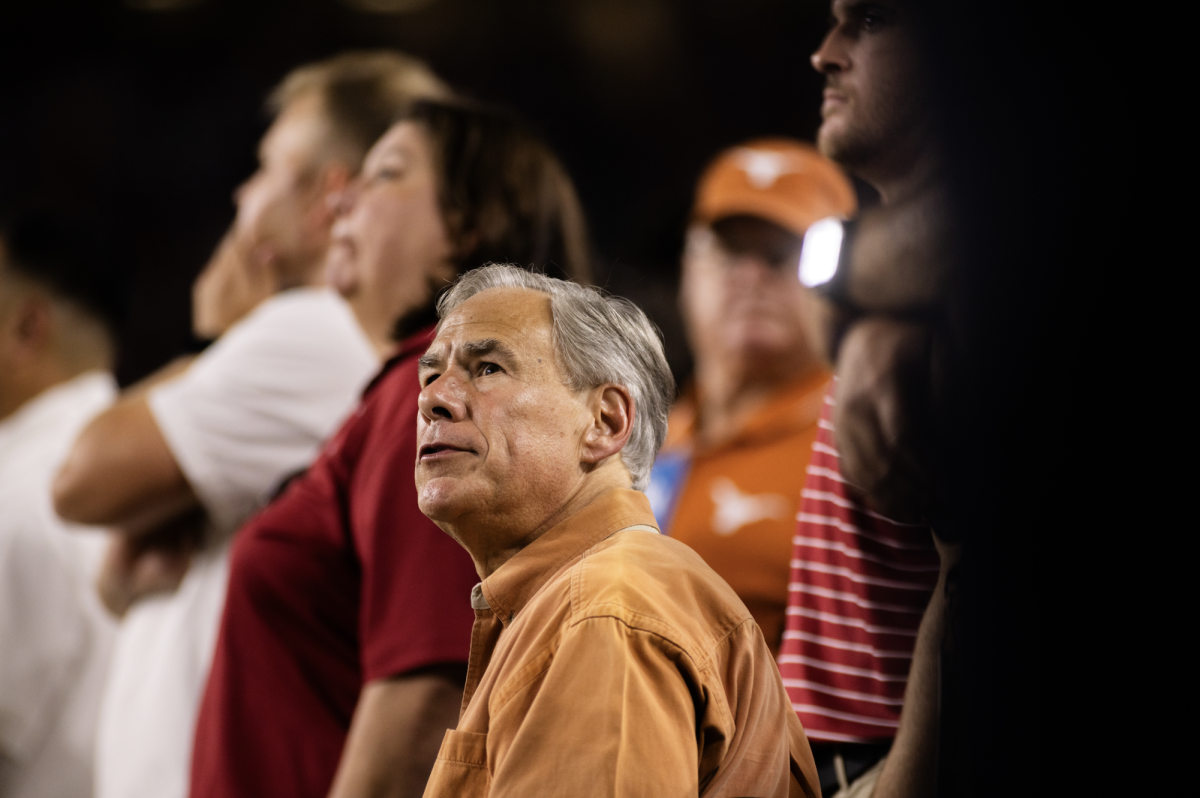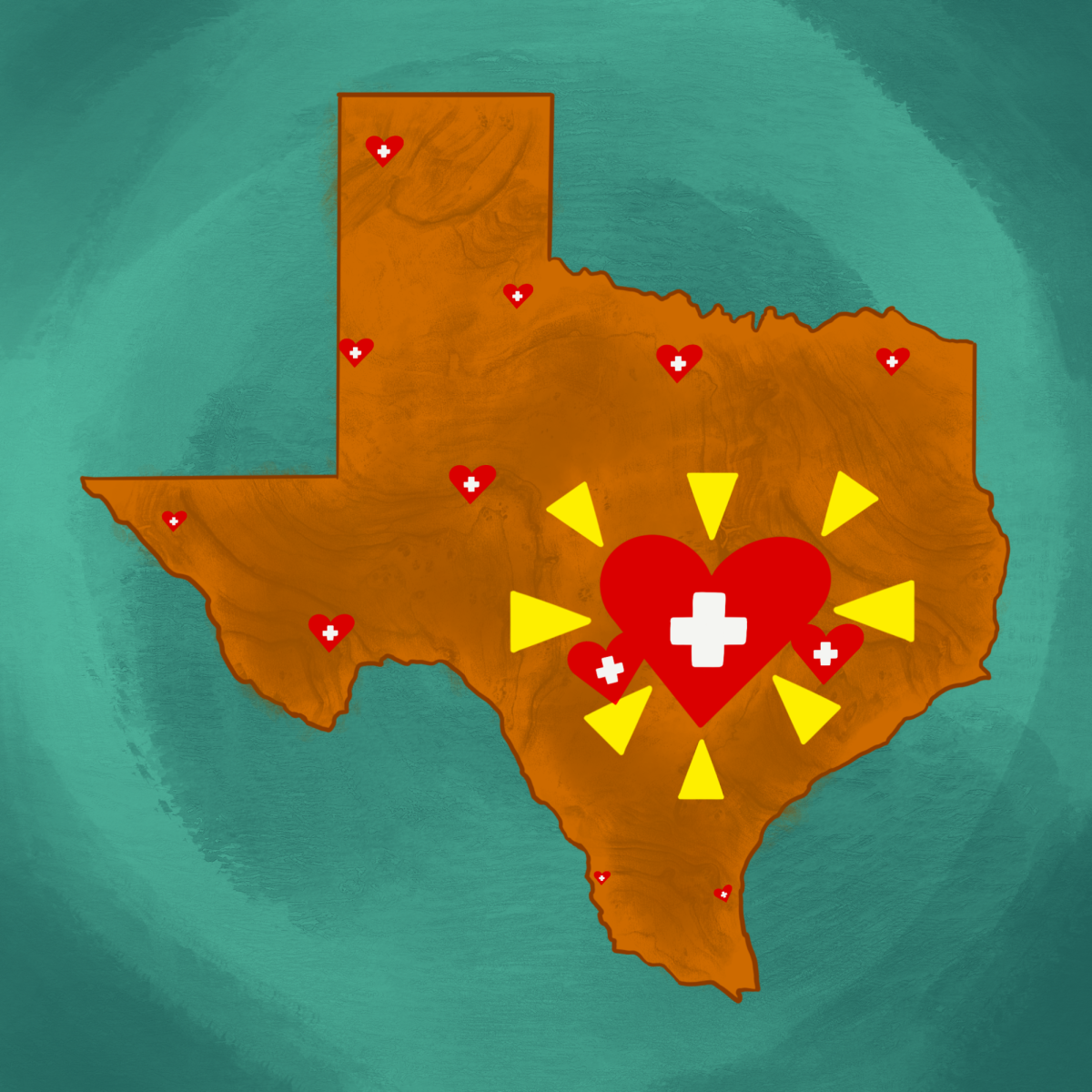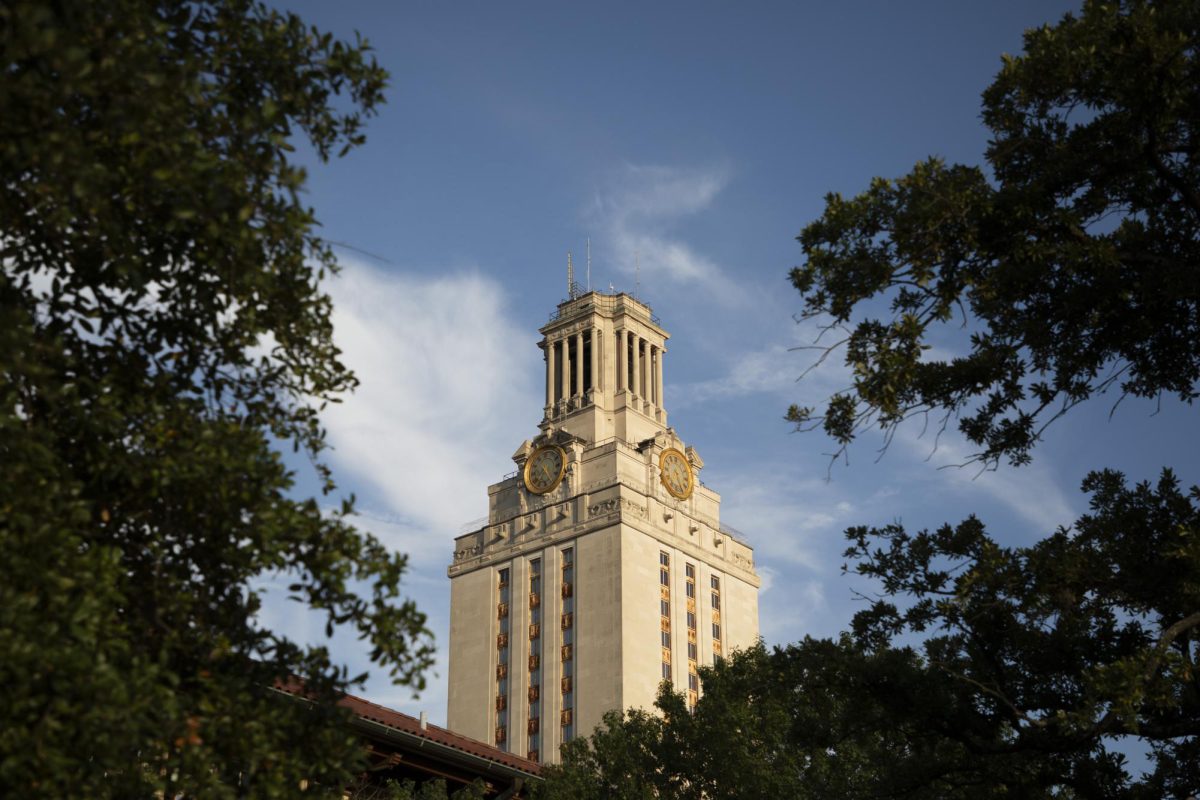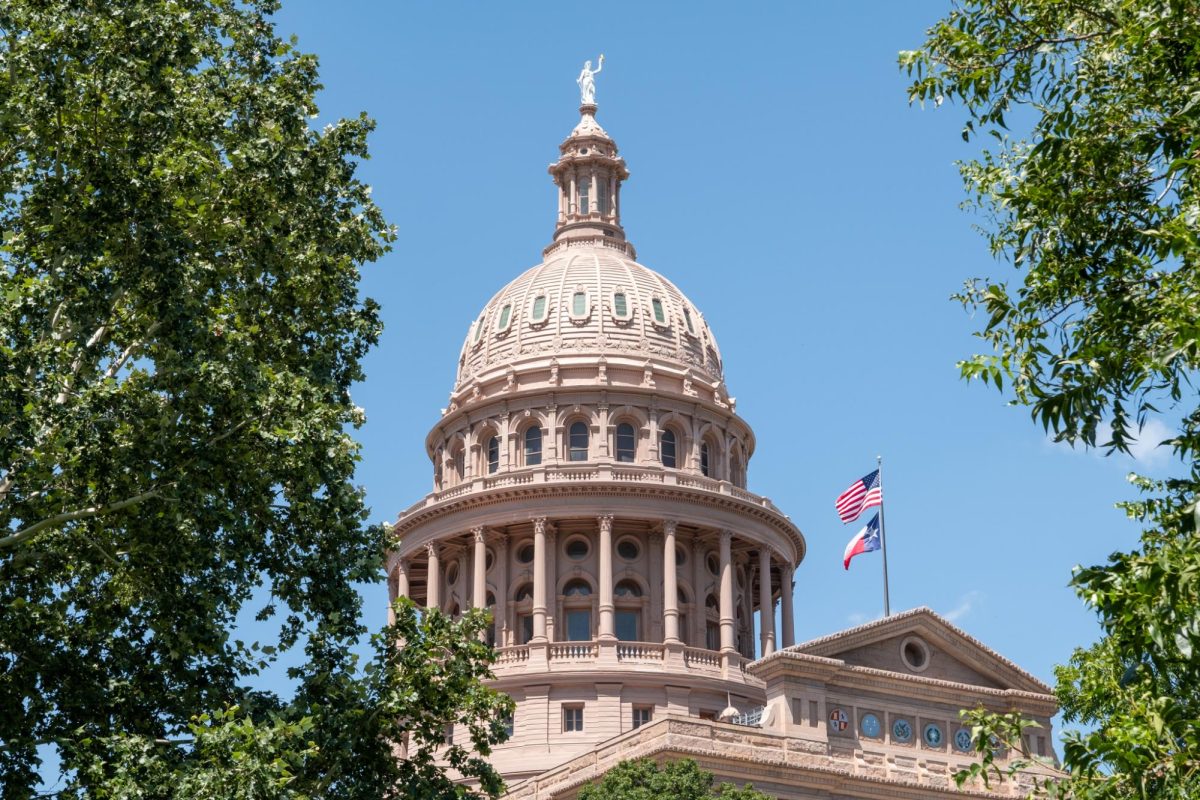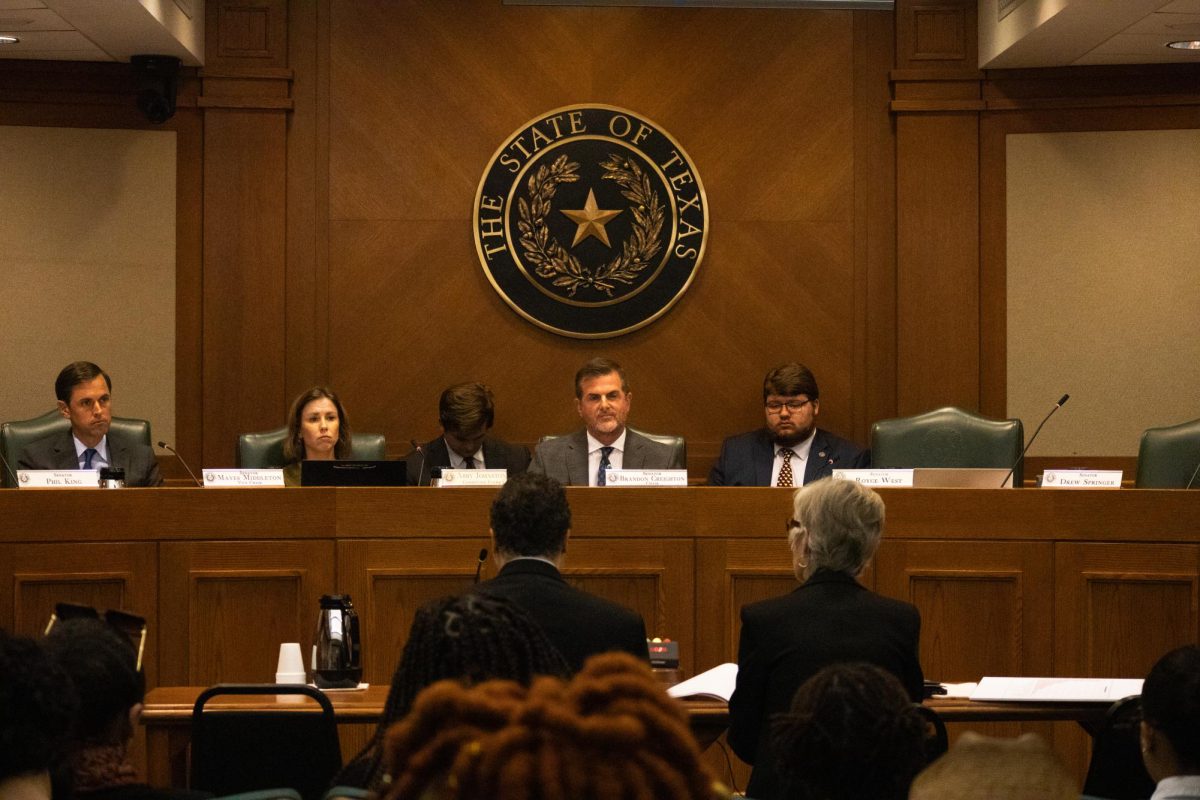Texas Gun Sense, a gun-control advocacy organization, facilitated a public meeting yesterday in the Texas Capitol focused on discussing statewide and nationwide measures to reduce gun violence.
Victoria Coy, national director for States United to Prevent Gun Violence, said it is important to advocate for gun control from a place of compassion.
“We know what it is to do this work with compassion because the other side is across the table at Thanksgiving,” Coy said. “We do this work from a place of love because we know that we can do better and that our people deserve it.”
More than a month after the Parkland, Florida school shooting, Florida lawmakers were prompted to implement more gun control legislation. Coy said she wanted to give Texans a national perspective of what was happening in gun violence prevention. One of the pieces of legislation concerned citizens should be paying attention to, Coy said, is the Concealed Carry Reciprocity Act, which was passed by the U.S. House of Representatives and reached the Senate in December 2017. The act would allow anyone with a concealed carry permit in one state to carry their weapon in any other state.
Coy said the passage of this act would nullify the will of the voters and lawmakers in certain states with stronger concealed carry laws.
“We still have to watch out for concealed carry reciprocity, which is one of the most damning and devastating things the gun lobby has ever done,” Coy said. “Whichever state has the weakest concealed carry laws, it would essentially make those laws the law of the land.”
Gyl Switzer, executive director of Texas Gun Sense, said in the 2019 Texas legislative session that lawmakers should implement the Lethal Violence Protective Order, also known as the “Red Rlag” law. The law, which is already in practice in six states, would allow a judge to issue a civil court order temporarily prohibiting those who are at the risk of hurting themselves or others from possessing or purchasing any weapons.
Switzer said people who think of such “red flag” laws tend to only think of people with serious mental illnesses as the target of such laws, but that is not always the case.
“People with mental illness are less violent than the general population and more often the victim of violence,” Switzer said. “So what we are talking about in the Lethal Violence Protective Order is behavior, if someone is exhibiting behavior that causes folks around them to see them as a potential danger to themselves or others.”
Austin resident Richard Laker said he came to the meeting because he had questions about gun control policies.
“I’m a combat veteran, concealed carry card-holding, gun-loving American, but I (think) that there is a lot we are short-sighted on with guns and education,” Laker said. “The more educated I have become on the subject looking past my front door, it’s like, ‘Wow, there’s a lot more that needs to be done.’”

